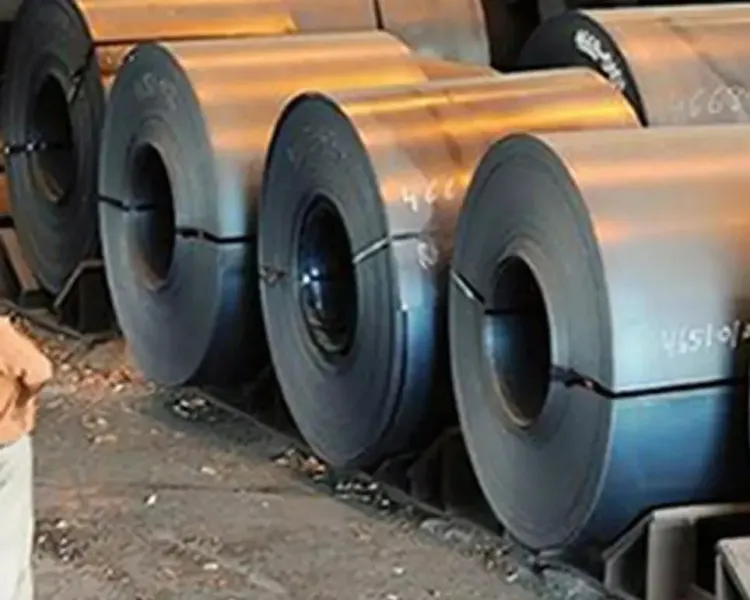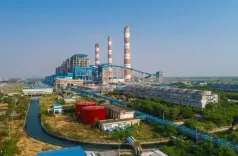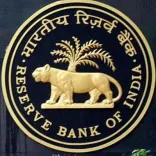Will South Korea Develop Hydrogen-Based Steelmaking Technology by 2030?

Synopsis
Key Takeaways
- South Korea is investing 814.6 billion won to develop hydrogen-based steelmaking technology.
- The goal is to achieve carbon neutrality in the steel industry by 2050.
- The technology promises a reduction in carbon emissions by over 95%.
- The project will utilize the FINEX method for more sustainable steel production.
- A facility will produce 300,000 tons of hydrogen-reduced steel.
Seoul, June 26 (NationPress) South Korea is set to advance hydrogen-based steelmaking technology by 2030, aiming to enhance the competitiveness of its local steel industry and achieve carbon neutrality, as announced by the industry ministry on Thursday.
Following the recent completion of a feasibility study, the Ministry of Trade, Industry and Energy plans to allocate a total of 814.6 billion won (approximately $600 million) over the next five years to develop a demonstration technology for hydrogen-based steelmaking in partnership with the private sector, according to officials from the ministry, as reported by Yonhap news agency.
Countries worldwide have been striving to secure this innovative technology, which utilizes hydrogen gas in place of coal to smelt iron ore, potentially enabling steelmakers to cut carbon emissions by over 95 percent compared to conventional methods.
As part of this initiative, South Korea will construct a facility capable of producing 300,000 tons of hydrogen-reduced steel and molten iron, and will implement the hydrogen-based steelmaking technology in electric arc furnaces owned by small and medium-sized enterprises.
The project will harness an alternative steelmaking method known as FINEX, recognized as a national strategic technology, to enhance hydrogen-based steelmaking.
FINEX is a more environmentally friendly steelmaking technique that can substitute the traditional blast furnace method by directly utilizing iron ore fines and non-coking coal to generate molten metal.
“We anticipate that this demonstration project will facilitate the local steel industry in achieving carbon neutrality by 2050 while also positioning itself as a leader in the global market,” stated a ministry official.
In addition, the government hosted a consultative meeting with the private sector on Thursday to deliberate on the advancement of quantum technology, amidst a growing global competition to secure this transformative technology across economic and security sectors, according to the finance ministry.
The consultative group, spearheaded by the Ministry of Economy and Finance, comprises relevant government agencies, significant research institutions like the Korea Advanced Institute of Science and Technology (KAIST), and prominent companies within the quantum technology industry.
The global quantum technology market, currently valued at US$2.34 billion, is expected to grow nearly tenfold, reaching $24.6 billion by 2033, as reported by the ministry.
“Quantum science and technology is a strategic area poised to generate considerable ripple effects across various sectors, including the economy, security, and society,” remarked Shin Sang-hoon, a finance ministry official leading the consultative group. “The government must take decisive action to secure technological leadership through robust policy execution and significant investment.”








